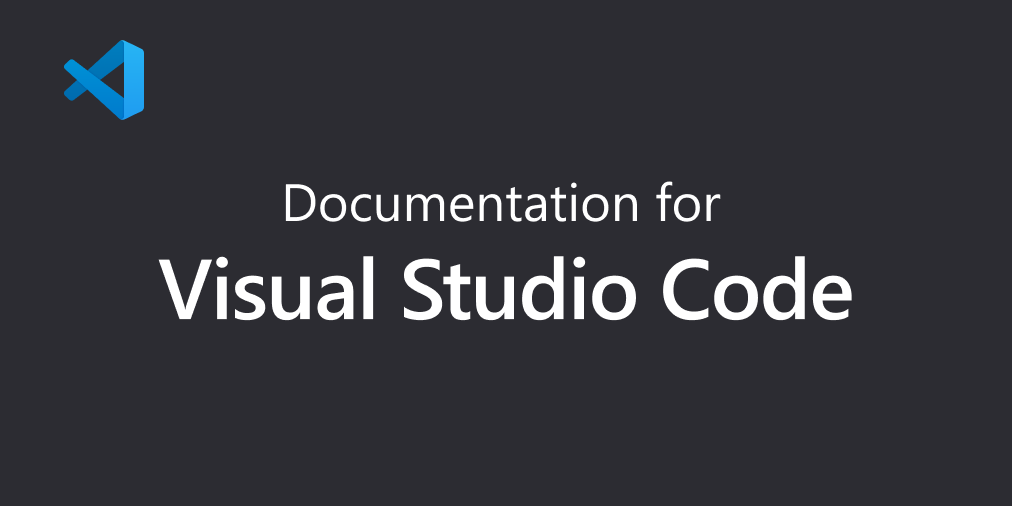VSCode Dev Containers provide a way to create consistent, reproducible Development Environment using Docker. This approach allows developers to define their entire development environment as code, ensuring that all team members work with identical configurations regardless of their local machine setup.
- Isolated Development Environments: Each project can have its own containerized environment with specific tools, runtimes, and dependencies without affecting the host system.
- Reproducible Configurations: Development environments are defined in JSON configuration files, making it easy to share and version control your setup.
- Seamless Integration: VSCode Remote Development extension provides a native IDE experience while running code inside containers.
- Pre-built Templates: Microsoft maintains a repository of pre-configured dev container templates for popular languages and frameworks.
How It Works
- Configuration: Define your development environment in a
devcontainer.jsonfile within the.devcontainerfolder of your project.
- Container Setup: Specify the Docker image, required extensions, runtime arguments, and post-creation commands.
- Launch: VSCode builds and starts the container, then connects to it remotely while providing a local-like development experience.
- Development: Write, run, and debug code as if working locally, but with all operations happening inside the container.
Benefits
- Onboarding Efficiency: New team members can start contributing immediately without lengthy environment setup.
- Consistency Across Teams: Eliminates "works on my machine" problems by ensuring everyone uses the same environment.
- Security: Isolates potentially risky dependencies and tools from the host system.
- Flexibility: Easily switch between different project environments or test with different configurations.
microsoft/vscode-dev-containers
Visual Studio Code Remote Development Open any folder in a container, on a remote machine, or in WSL and take advantage of VS Code's full feature set. Learn more! A development container is a running Docker container with a well-defined tool/runtime stack and its prerequisites.
https://github.com/Microsoft/vscode-dev-containers
Developing inside a Container using Visual Studio Code Remote Development
The Visual Studio Code Remote - Containers extension lets you use a Docker container as a full-featured development environment. It allows you to open any folder inside (or mounted into) a container and take advantage of Visual Studio Code's full feature set.
https://code.visualstudio.com/docs/remote/containers#_indepth-setting-up-a-folder-to-run-in-a-container


 Seonglae Cho
Seonglae Cho